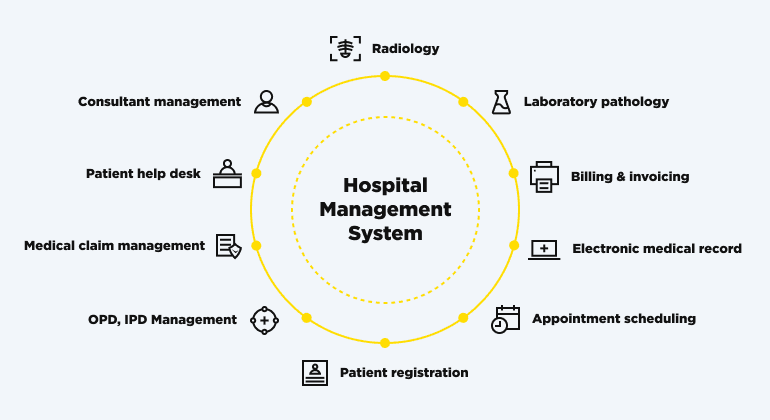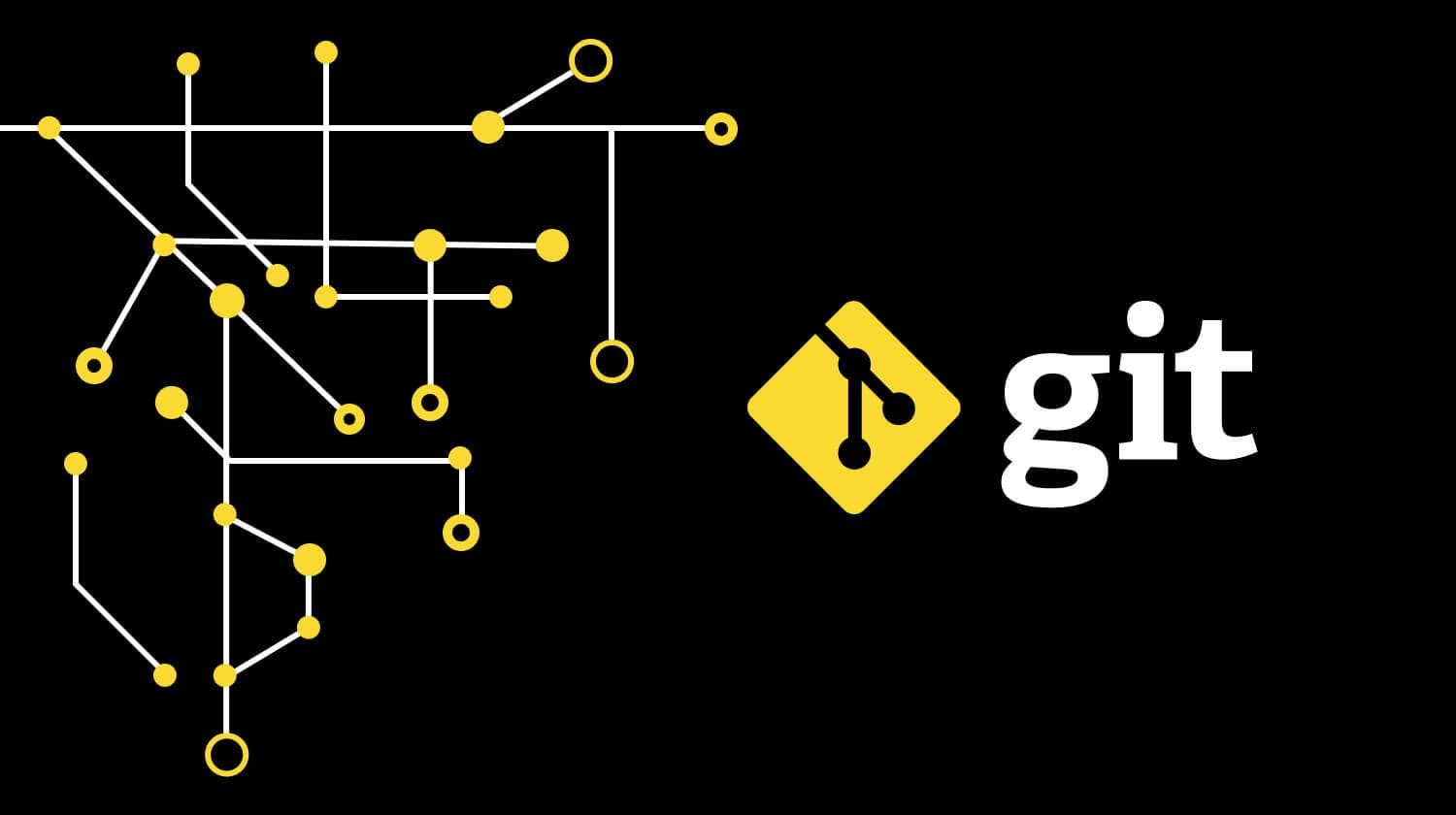What are the main requirements modern patients demand? It implies digitally accessible, fast, accurate, and personalized healthcare services. People are becoming more and more tech-savvy, so their expectations for digital healthcare services are growing as well. As a matter of fact, according to a survey, 56% of patients want digital health management options. What is more, patients and healthcare professionals alike think that healthcare software development can enhance patient outcomes and streamline operations while also improving patient care. According to the same survey, 69% of clinicians share the opinion that patients' access to mobile health is crucial.
However, what does software development in healthcare really mean? Do any advantages exist? What part do cutting-edge technologies play in creating healthcare software, such as AI, IoT, ML, etc.?
Considering the fact that the global healthcare IT market is growing at crazy rates, was assessed at $394,6 billion in 2022, and is expected to reach $974,5 billion by 2027, it is about time to use this guide as a handbook to learn everything there is to know about developing software for the healthcare industry and how to successfully lead its digital solutions and transformation. Besides, this significant growth is expected to continue over the following years, with a compound annual growth rate of 19.8%. So, now, are you ready to get going?
How Do You Define Healthcare Software Development?
Said another way, healthcare software facilitates the diversity of daily interactions and administrative chores carried out by and among patients, medical staff, and health administrators.
These platforms are used by hospitals, clinics, research labs, financial service offices, and manufacturers of medical equipment. They also help to improve care quality, streamline interactions, and guarantee privacy and accuracy of record-keeping.
Healthcare software development is about creating ecosystems and patient portals that improve the precision and quality of healthcare services.
Having many advantages, one of them - machine learning - has sped up healthcare software development by simplifying the process of digitizing patient records and diagnosing diseases. Of course, eHealth and big data have also contributed to the revolution in software development the healthcare industry requires.
What Are the Key Types of Healthcare Software Development?
There are really a lot of healthcare apps available on the Play Store and App Store combined, and the current number reaches over 95,000, and it is constantly growing. That is why you should be aware of the various kinds that are already on the market if you intend to develop a healthcare website or app of your own. Where do you start? Determine your needs and desires for customization after discovering the features and specifics of existing healthcare projects.
Let's talk about each in greater detail.
Software for electronic health records
The layout makes it possible to manage and keep up with patient data in electronic records. The reports that are kept include details regarding laboratory results, patient medical histories, demographic data, and allergy information. It's important to remember that an ERP system for healthcare can be integrated with EHR, giving any healthcare facility even more functionality.
E-prescribtion software
Thanks to technology, prescriptions for medical supplies can now be sent straight to pharmacies and drug stores. In addition to improving patient comfort, it sustains ties within the healthcare sector.
Emergency medical services
Several software applications that assist patients in receiving emergency care without visiting a doctor's office belong to healthcare software as well. Urgent cases can now be promptly responded to.
Hospital management software
Hospital management is optimized by this type of technology. Billing, insurance management, patient information management, and administrative tasks are all aided by these solutions.
CRM for healthcare
This kind of software integrates with customer support. Maintaining improved client relations is the primary task, which entails improved performance reports, contact management, and care quality.
Telemedicine software
Medical practitioners such as physicians, therapists, or psychiatrists benefit from this software significantly. They can easily examine and diagnose patients from a distance through video conferencing and file-sharing capabilities.

Customized Solutions for Your Unique Needs
Contact usSystems for laboratory information management
By managing samples, gathering data from those samples, automating workflows, and integrating instruments into the surroundings, a LIMS improves the accuracy of results in laboratory settings.
Health tracking and monitoring apps
Health tracking apps and wearable devices allow for remote patient monitoring and checking out their health metrics (e.g., heart rate, step count, sleep quality, etc). There are different health monitoring apps that encourage proactive health management by offering an intuitive interface for tracking fitness and wellness goals.
Radiology information systems
The tracking of patients and their images, appointment scheduling, results reporting, and billing are all made possible by this medical imaging software. In radiology departments, a RIS system expedites and enhances patient care and diagnosis.
Pharmacy management systems
A pharmacy management system will keep your business safe and well-run by keeping track of expired medications, ordering new inventory, reminding patients via SMS, backing up and storing customer data, and performing many other valuable tasks.
Software for health information exchange
All medical institutions can now securely and swiftly share patients' private health information with other organizations thanks to this software, also known as HIE. It leads to faster, more effective, and ultimately more dependable care.
Billing and revenue cycle management software
This software's primary purpose is to monitor revenue and billing throughout a patient's life cycle, providing a comprehensive picture of each patient's treatment costs.
Benefits of Healthcare Software Solutions
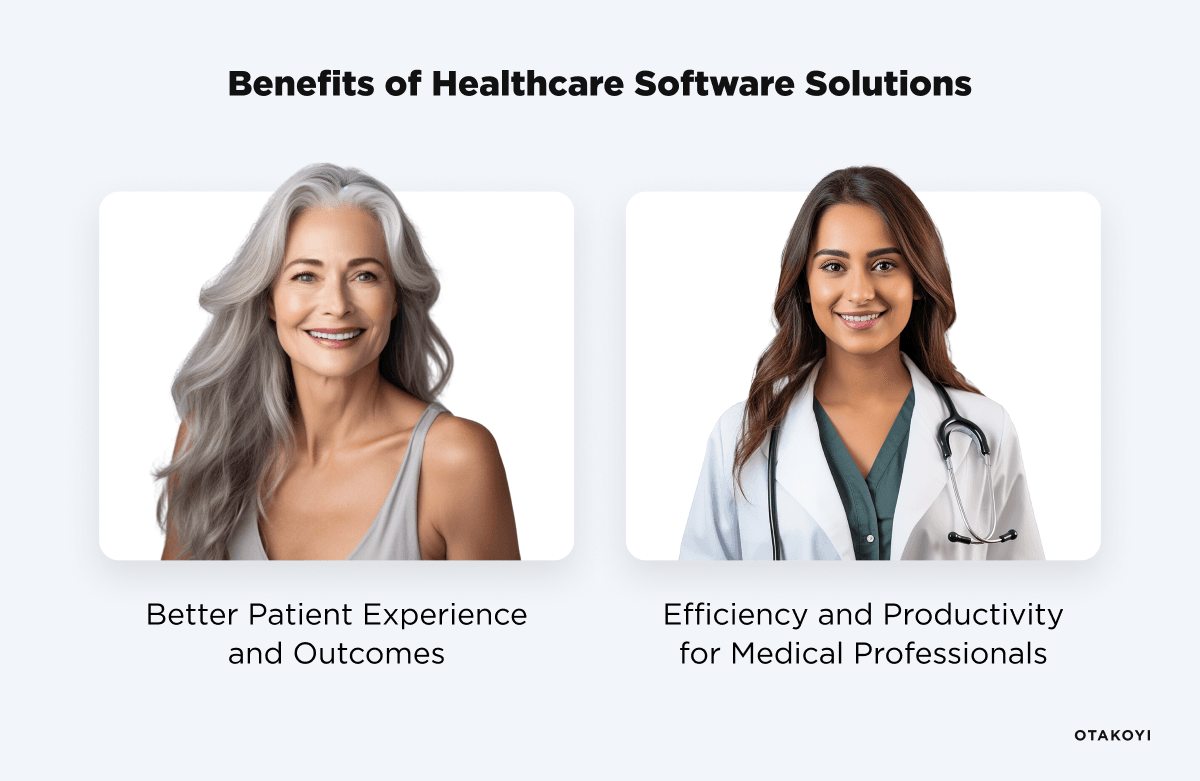
Investing in solutions that align with your distinct operational ethos and patient-care philosophy is a more meaningful approach to custom healthcare software development than merely implementing new technology.
With the help of knowledgeable healthcare software developers, you can come up with a workable solution that also takes your employees' and patients' needs into consideration. But that's not all. You can gain from custom healthcare software in numerous ways.
Enhanced patient experience and outcomes
Modern healthcare innovations are changing the way patients are treated, improving their experiences, and increasing the success of the outcomes. We’d like you to find out more about how it happens.
1. Improved diagnosis and treatment plans
With advanced technologies, patients get more accurate diagnoses and personalized treatment plans. It means quicker recovery times and better health outcomes.
2. Patient engagement and empowerment
Medical specialists provide patients with more information and interactive tools. Thus, they can take an active role in their own health care. Result? Of course, satisfaction is higher, and they better adhere to treatment plans.
3. Increased accessibility to specialists and reduced geographical barriers
Such techs as telemedicine and digital health platforms connect patients with specialists, no matter where they live. Quality care becomes more accessible to everyone thanks to reducing travel time and healthcare costs.
Increased efficiency and productivity for medical professionals
The most important benefits of modern healthcare solutions are about improving and simplifying the work of medical professionals. In many ways, it increases their productivity and enhances patient care as a result.
1. Reduced time spent on administrative tasks
Automated healthcare systems handle routine administrative tasks, freeing up more valuable time for healthcare providers to focus on patient care.
2. Enhanced decision-making capabilities
Better medical decisions are among the benefits of access to real-time data and advanced analytics, improving patient outcomes.
3. Facilitated access to specialist consultations
Digital platforms make it easier to consult with specialists, ensuring patients receive the best possible care promptly.
4. Improved communication and care coordination
There are various integrated communication tools that enhance collaboration among healthcare teams. It ensures a more coordinated and thought-through approach to patient care.
5. Administrative efficiency and cost reduction
Streamlined processes and automation are the key to reducing administrative overhead and costs. Ultimately, healthcare facilities operate more efficiently.
The Role of Information Technology in Healthcare Software
In the past, the usage of new technologies was led by the healthcare industry. Many of the changes we are seeing today, like wearables that monitor patients' vital signs and detect health issues early, are the result of past technological progress.
What technological innovations should your healthcare software incorporate right now to enhance and expedite the delivery of healthcare services down the road? Now, let's look into it!
The use of AI (artificial antelligence) in healthcare software
Algorithms based on artificial intelligence have the potential to support healthcare professionals and specialists in providing individualized patient care 24/7. AI also reduces human error, speeds up therapy, and enhances diagnostic precision.
Therefore, AI is used to diagnose diseases like cancer more quickly and precisely than in the past. For instance, Google Health has shown that AI is equally accurate at identifying breast cancer as medical professionals. Exciting, right? One study found that using AI to support mammography screening increased the detection of breast cancer by 20%.
Integrating NLP in healthcare software
Natural language processing in artificial intelligence is literally revolutionizing healthcare by interpreting and assessing patient data from various sources. NLP is a technique for extracting information from unstructured data, such as text, images, and speech.
NLP algorithms, for example, can automatically sort through patient records to find trends or risk factors. It lowers the amount of time and energy required for data analysis.
Implementing predictive analytics in healthcare software
Statistical algorithms, machine learning methods, and historical data are all part of what predictive analytics uses to determine the probability of future events. Healthcare providers can improve patient outcomes, allocate resources more efficiently, and handle care proactively by forecasting future events.
Predictive analytics, for example, can be used to predict patient admissions. It can help hospitals with staffing and bed availability. But that's not all. Try incorporating predictive analytics into your healthcare software to increase its agility. You may find it interesting that according to the PWC analytics, nearly 40% of healthcare executives say their organizations already invest in AI, machine learning, and predictive analytics. Looks like some food for thought, doesn’t it?
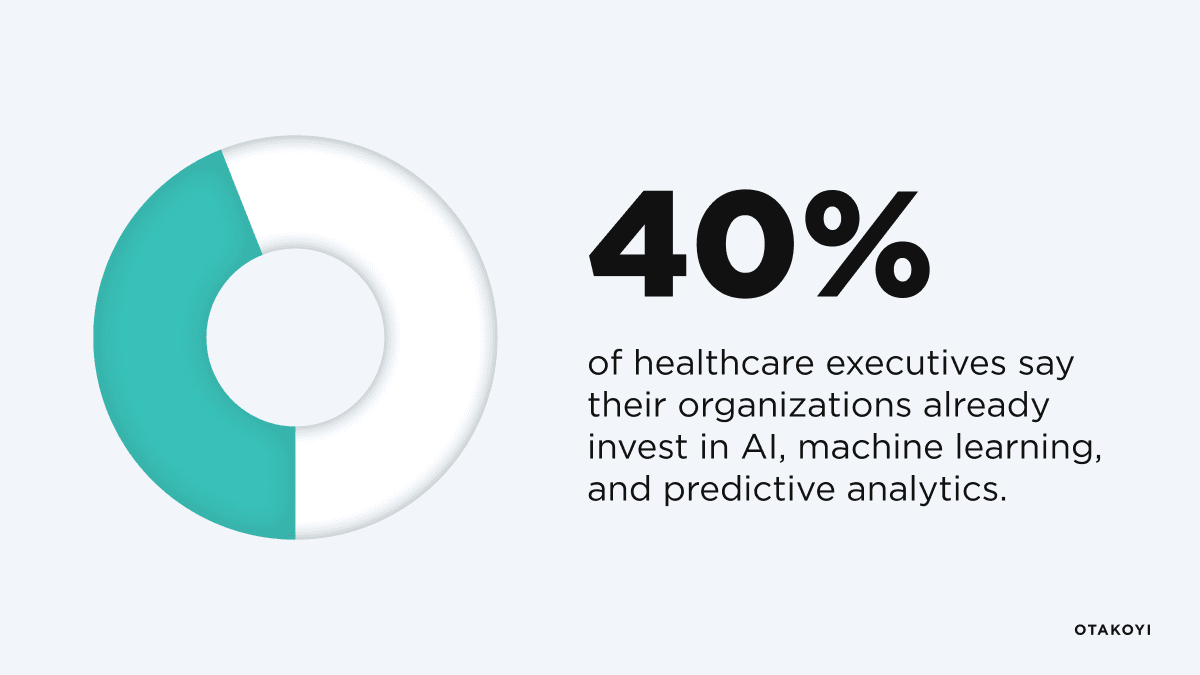
Applying augmented reality in healthcare software
Augmented Reality (AR) gives surgeons access to real-time data and images, improving procedure accuracy. In addition, it provides medical students with training experiences and immersive remote healthcare guidance.
Augmented reality aids in tracking a patient's healing process and aids in the visualization of veins for blood collection in addition to medical training. For example, patients can have precise pictures during surgery by having AR headsets superimpose CT scans onto their bodies.
Healthcare Software Security Standards and Certifications
We are more than sure to state that all healthcare startups can confidently navigate the digital landscape while putting patient confidentiality and data integrity first. They can do that by adhering to healthcare regulations. That is why we would like to introduce you to the main standards and certifications the industry requires to follow.
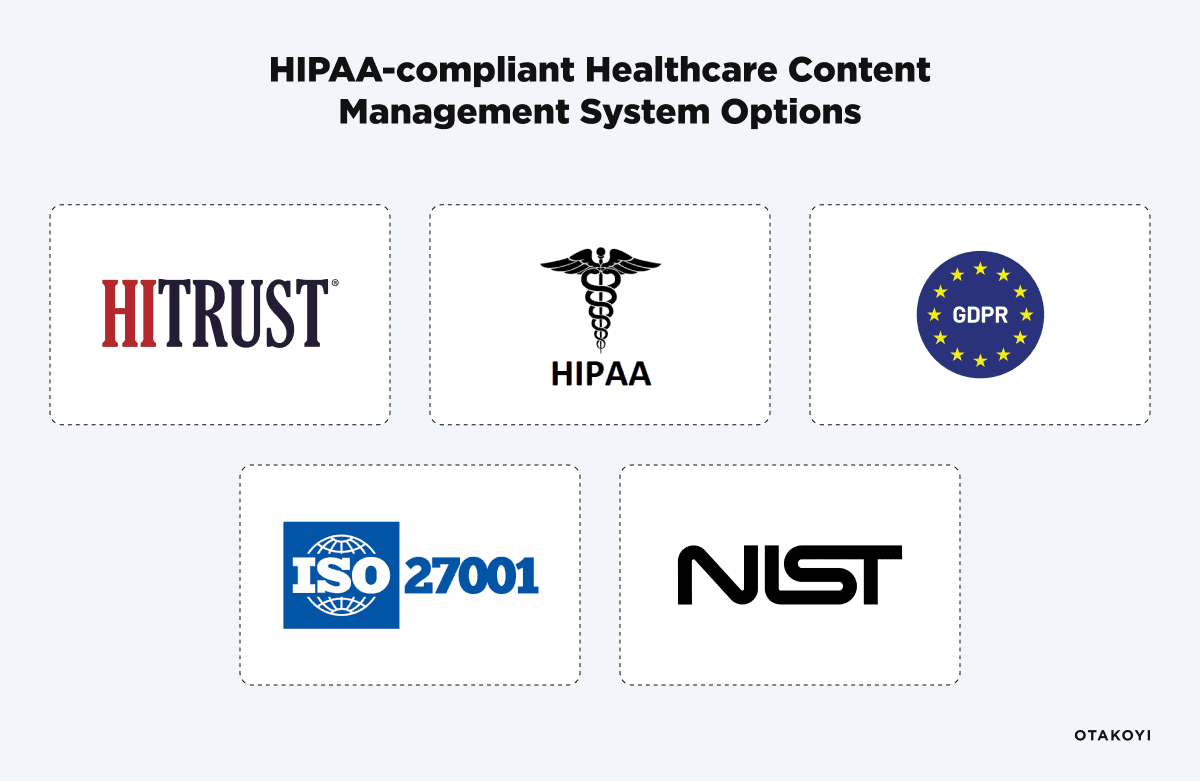
#1 HITRUST
Common Security Framework (CSF) was created to handle the intricate world of healthcare standards and regulations. It offers directions for putting controls in place, evaluating risks, and guaranteeing compliance. It provides patients and healthcare providers with more reassurance. Additionally, it is frequently regarded as the gold standard for healthcare software security.
#2 HIPAA
This regulation is a historic law in the US that establishes guidelines for sensitive patient health information (PHI). It covers employee training, data backups, encryption, incident response, and access controls. HIPAA compliance helps healthcare startups avoid paying heavy fines for non-compliance and guarantees data security.
#3 GDPR
Despite coming from the European Union, GDPR's global reach means its effects are felt worldwide. GDPR aims to safeguard the personal data and privacy of EU citizens, as well as data related to healthcare. It includes getting explicit consent, using data minimization and pseudonymization strategies, completing privacy impact assessments, and reporting data breaches to authorities within a certain amount of time.
#4 ISO 27001
It is an internationally recognized an information security management system (ISMS) standard. It handles sensitive data in an organized manner by putting security controls in place, evaluating risks, and working toward constant improvement. It assists in locating weak points, reducing dangers, and guaranteeing data availability, confidentiality, and integrity.
#5 NIST
This framework aims to protect sensitive information systems, including those in the healthcare industry. Security practices and controls covered include access control, incident response, encryption, and security awareness training. Healthcare startups can improve their security level, safeguard patient data, and comply with industry best practices by adhering to NIST regulatory standards.
Let’s Determine the Vital Challenges in Healthcare Software Development
Even though we have so far covered everything in a positive light, there are particular difficulties involved in developing software for the healthcare sector. We are about to disclose some significant obstacles that developers of healthcare software must overcome.
1. Following regulations and compliance
It can be challenging to ensure complete medical data security, privacy, and patient confidentiality in adherence to regulations under HIPAA and other healthcare regulations and laws. Robust security measures are essential in healthcare software development to protect confidential medical records, maintain regulatory compliance, and facilitate proper data management.
2. Finding a balance between functionality and user-friendliness
Some companies may face difficulty combining both user-friendly and powerful enough healthcare software. It is crucial to handle patients with different levels of technical proficiency and complex medical needs. You must carefully consider the design and user experience (UX) to strike this balance.
3. Integrating through challenges
Healthcare organizations frequently make use of an intricate network of pre-existing software systems. It is not always easy to integrate new software with these systems seamlessly. Interoperability testing, data mapping, and careful planning are necessary.
4. Changing technologies and standards
Both technology and the healthcare industry are constantly changing. Future-proof and flexible healthcare software development is required for the healthcare sector, enabling integration with new technologies and adjusting to evolving industry norms.
Why Choose Custom Healthcare Software Development?
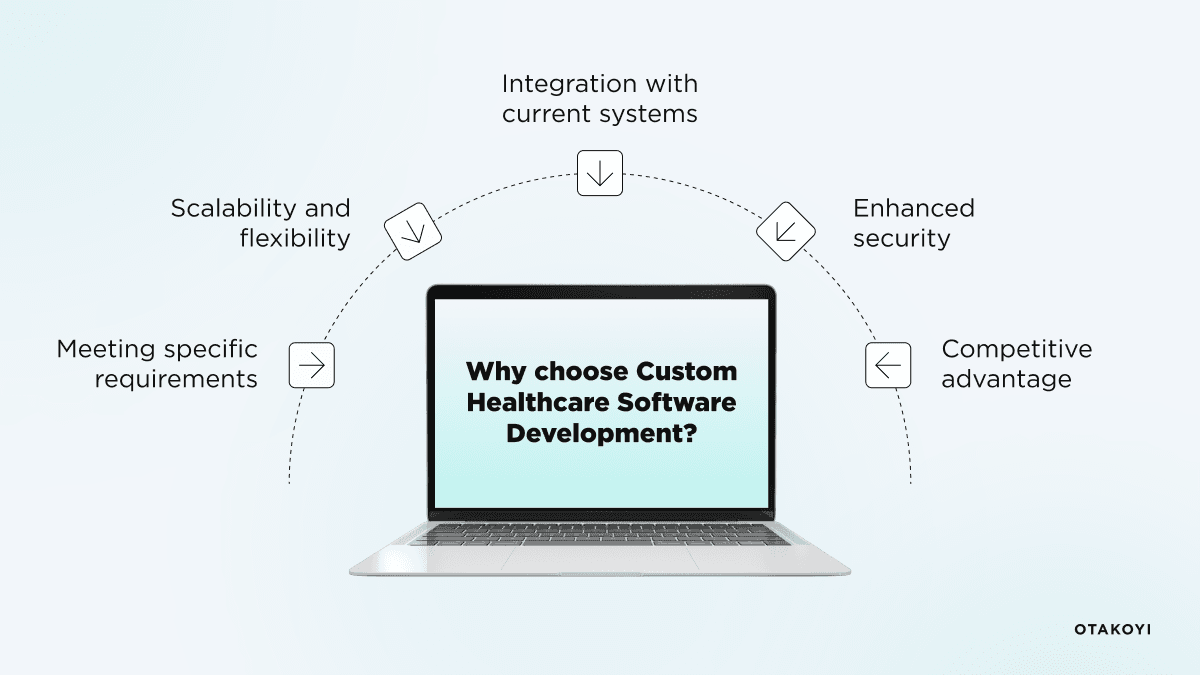
Investing in solutions that align with your distinct operational features and patient-care philosophy is a more meaningful approach to custom healthcare software development than merely implementing new technology.
With the help of knowledgeable healthcare software developers, you can come up with a workable solution that also takes your employees' and patients' needs into consideration. But that's not all. There are numerous ways that custom software development can help you.
#1 Meeting specific requirements
Every healthcare organization has different needs and challenges. Tailored solutions to meet these specific needs can be achieved through custom healthcare software development, whether for an existing healthcare app, small clinic, or hospital.
#2 Scalability and flexibility
Your IT requirements will expand along with those of your healthcare organization. Off-the-shelf software frequently lacks the flexibility to scale up or modify features in response to evolving demands. It is where custom solutions come in.
#3 Integration with current systems
Ensuring that new technology integrates seamlessly with current systems is one of the most significant adoption challenges. You get a chance to create custom software that seamlessly integrates with your existing infrastructure, increasing overall productivity.
#4 Enhanced security
Security is a non-negotiable when it comes to healthcare. Compared to generic solutions, custom healthcare software development offers more effective protection for sensitive patient data by providing strong and customized security features.
#5 Competitive advantage
Using technology that makes you stand out is essential to staying ahead in a field as cutthroat as healthcare. Personalized solutions provide you with a competitive advantage. You can integrate the newest tech trends however you like, whether they are IoT, wearables, AI, ML, or data analytics.
Healthcare Software Development Solutions With Otakoyi
Assembling a successful healthcare software solution requires collaboration with a trustworthy company that provides advanced software development in healthcare. With over a decade of experience in the industry, Otakoyi can assist startups in entering the healthcare market swiftly and maintaining a competitive edge by providing customized solutions and exceptional healthcare software development services. Our committed development team nurtures your ideas from conception to launch, assisting you in realizing your vision from consulting and digital transformation to AI healthcare solutions.
The Otakoyi team is prepared to oversee your custom healthcare software project because we take pride in healthcare software development. Our team's combination of in-depth industry knowledge, technological know-how, and dedication to data security and privacy ensures a customized solution that fits your particular requirements.
At Otakoyi (as at other healthcare software development companies), we continuously stay on the cutting edge of innovations. With our 360-degree approach, flexibility, and highest level of personalization, we'll focus on exactly what your company needs to accomplish its objectives.
Wrapping Up
Congratulations, you’ve made it through our deep dive into healthcare software development! Now, being armed with all this information and knowledge, you’re ready to revolutionize the healthcare industry. Whether you’re looking to reduce paperwork or connect with patients, remember that the right software can turn your vision into reality. So, go forth and conquer the digital healthcare world - your patients (and your sanity) will thank you!


